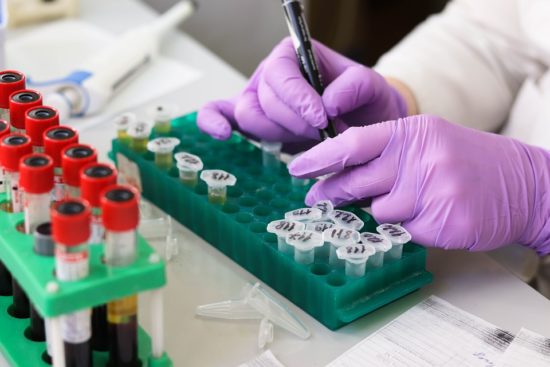WHO issues its first-ever reports on tests and treatments for fungal infections
The World Health Organization (WHO) has released its first-ever reports on the critical lack of medicines and diagnostic tools for invasive fungal diseases. These diseases are a growing public health concern, with common infections like candida becoming increasingly resistant to treatment. These infections disproportionately impact severely ill patients and those with weakened immune systems, including those undergoing cancer chemotherapy, living with HIV, and having organ transplants. The WHO’s fungal priority pathogens list (FPPL) lists fungi with mortality rates reaching as high as 88%. The report highlights the urgent need for safer antifungal medicines, potentially reducing requirements for continuous drug monitoring. The report also recommends investing in global surveillance, expanding financial incentives for drug discovery and development, funding basic research to identify new targets on fungi for medicines, and investigating treatments that enhance patients’ immune responses. The report also highlights the need for faster, more accurate, cheaper, and easier testing for a broad range of fungal priority pathogens, including diagnostic tools that can be used at or near point-of-care.
AMR NEWS
Your Biweekly Source for Global AMR Insights!
Stay informed with the essential newsletter that brings together all the latest One Health news on antimicrobial resistance. Delivered straight to your inbox every two weeks, AMR NEWS provides a curated selection of international insights, key publications, and the latest updates in the fight against AMR.
Don’t miss out on staying ahead in the global AMR movement—subscribe now!







